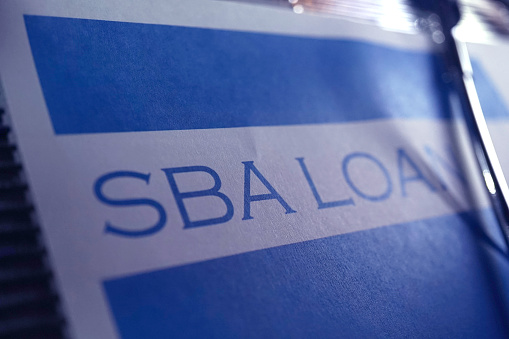If you are an entrepreneur or small business owner, Small Business Administration (SBA) loans can help in times of need. But what is Inflations affect on SBA Loans? Before you borrow, make sure that you know how inflation will impact the availability of these loans, interest rates, and repayment terms, first.
Borrowing Options
The SBA is a great resource for new businesses that may not have the capital and credit history to borrow from conventional lenders. The SBA has many different loan programs for various purposes and borrowers.
Here are a few of their offerings:
SBA 7(a) loan program
SBA 504 loans
SBA Microloans
Temporary or short-term loans are also available for borrowers that qualify. For instance, these were widely available for pandemic relief. Some examples of this type of SBA loan include Economic injury disaster loans (EIDL) and the Paycheck Protection Program (PPP) loans.
Inflations Affect on SBA Loans
So, what is inflations affect on SBA loans? Also, what do prospective borrowers need to know? Usually, the interest rates offered for SBA lending programs are impacted by the US prime rate. When inflation rises, so do the prime interest rates. Therefore, SBA interest rates go up, too.
Inflations affect on SBA loans also extends to the amount that you can borrow. There are predetermined ranges with a maximum amount that can be lent to borrowers. As requests to borrow increase, so does the amount of money that borrowers want and need from lenders. More businesses are seeking to borrow the maximum amount that is available- regardless of potential rises in interest rates.
Thinking about borrowing money from the SBA? This is an excellent resource, but it is impacted greatly by inflation. You do have other, alternative lending options; call or visit Private Client Capital Partners to find out more.

